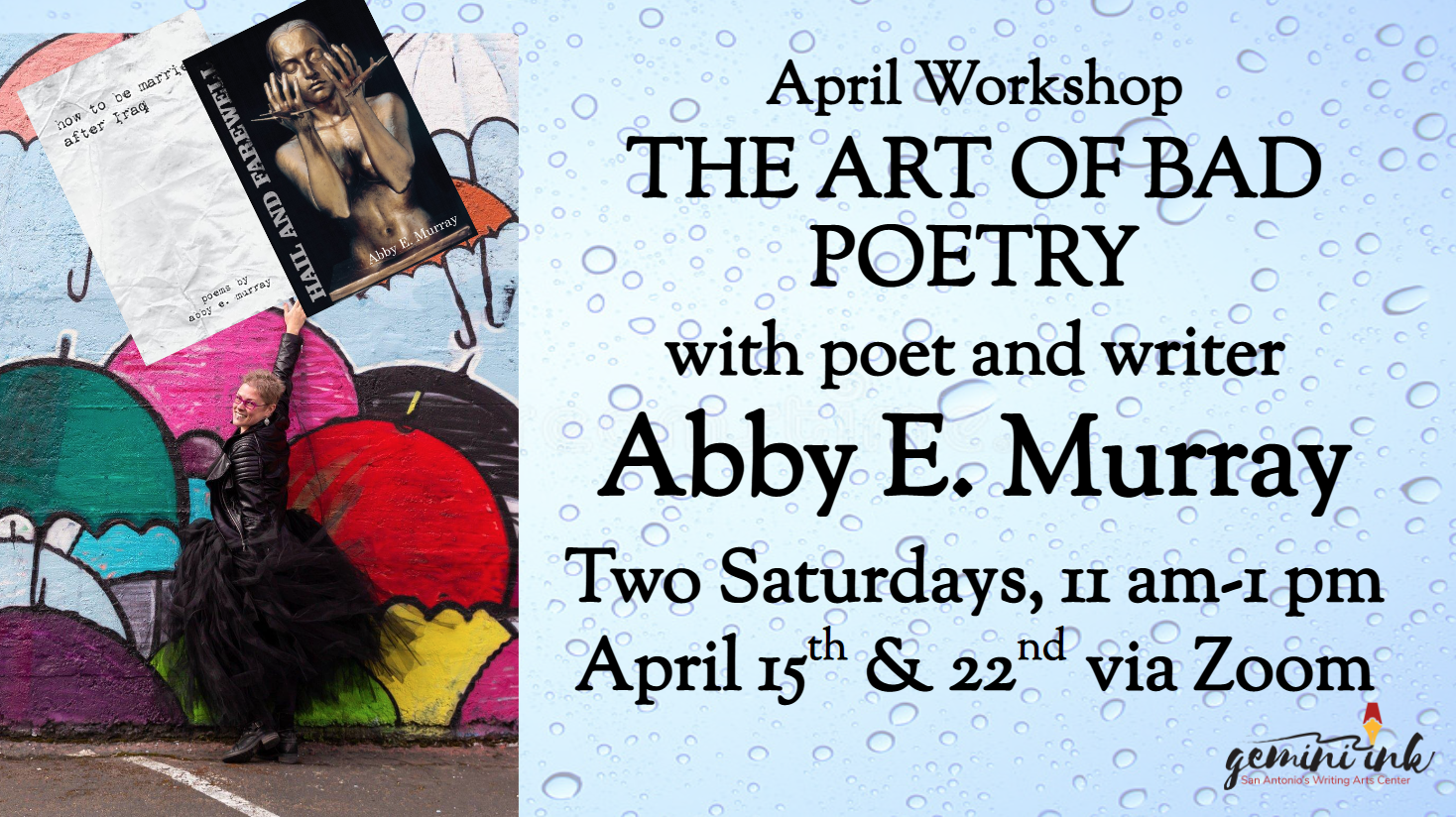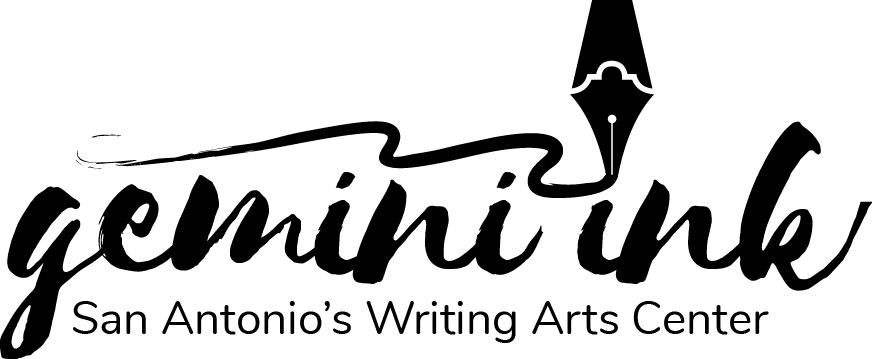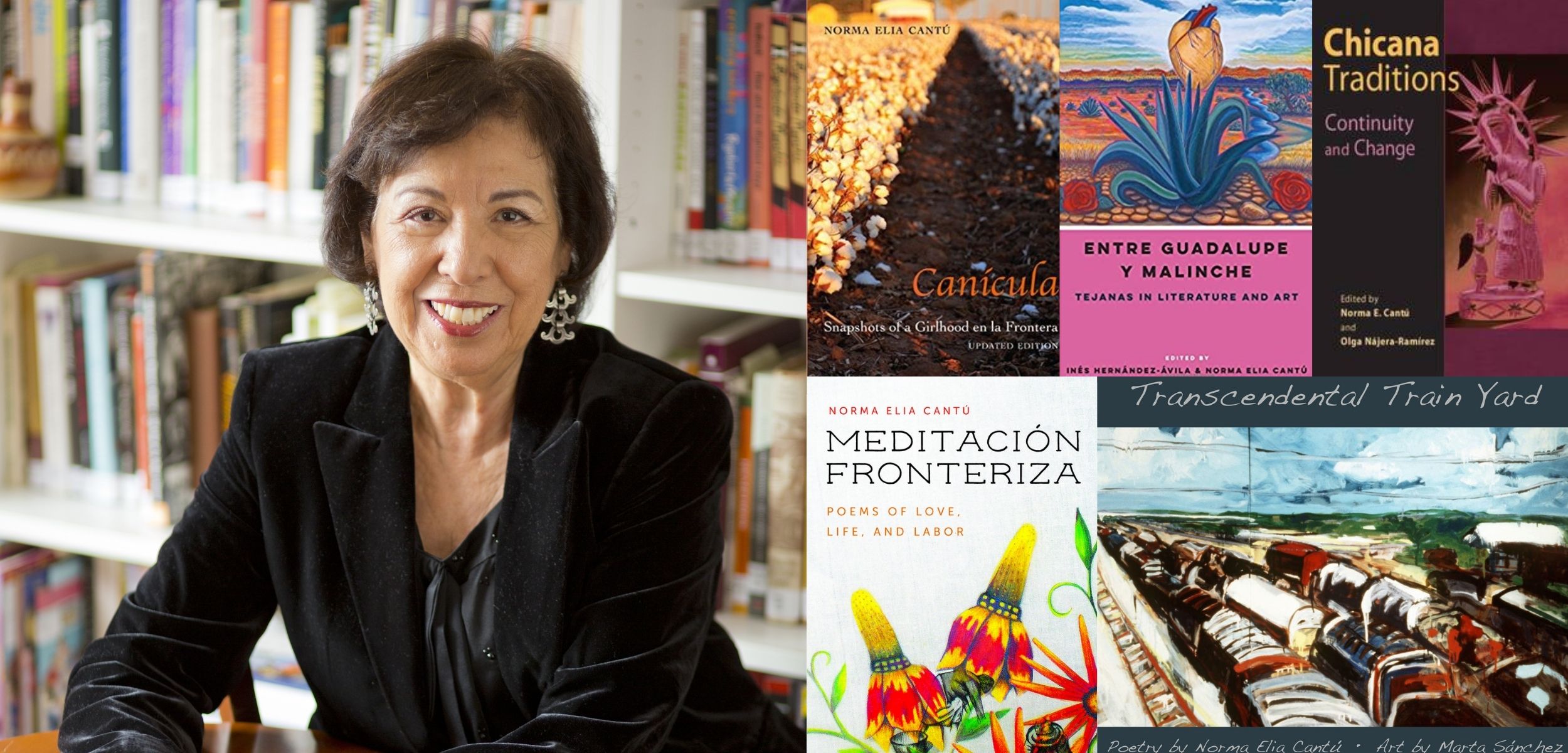
What do we even mean when we consider a poem “good” or “bad”? Beginners aren’t the only ones who benefit from conversations that question our assumptions about poetry and the way we practice connecting with our own voices. Established poets also gain from discussing poetry’s rules and reputation, its stereotypes and possibilities. In this class, writers of all levels will strive to expand their understanding of the art of poetry, first by weeding out our judgments of “good” and “bad” poetry, then shaping poetry’s elusive boundaries by playing with work that challenges our notions of value and weakness. Expect laughter. Anticipate letting go of fears that limit us. Plan to write.

